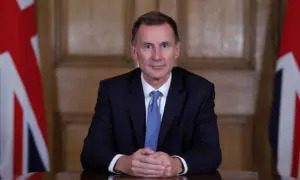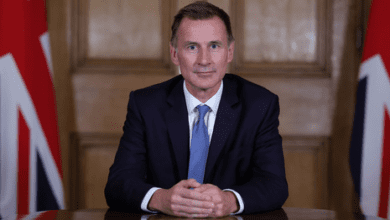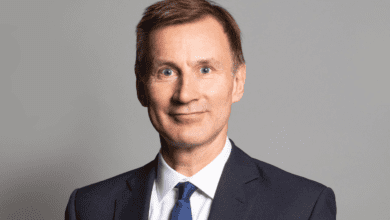IFS urges Sunak to halt plans on tax rise in March Budget
With the budget set to be announced on 3 March, the group has also called on Sunak to provide better support for households and employers

The Institute for Fiscal Studies (IFS) has urged Rishi Sunak to use the March Budget as a way to map out economic recovery from the “triple challenges” of Brexit, Covid, and the move towards Net Zero.
In what is set to be the chancellor’s second budget since his appointment, the IFS has suggested that Sunak does not raise taxes to make up for the £400bn borrowed during the pandemic, but instead “commit to permanent spending rises or tax cuts”.
With the budget set to be announced on 3 March, the group has also called on Sunak to provide better support for households and employers – with the IFS stating that covid support measures should be “phased out gradually rather than coming to an abrupt halt”.
Speaking on the Employee Job Retention Scheme which has been extended to April 2021, the IFS said that furlough should not “be cut completely in one go” or “extended much beyond the point at which most restrictions are eased, otherwise it will actually choke off recovery”.
IFS director Paul Johnson added that Sunak needs to “strike a balance” between continuing support for jobs and businesses harmed by lockdowns, and weaning the economy off “blanket support which will impede necessary economic adjustment”.
He said: “In the recovery phase he needs to support jobs and investment, but also crucially needs to recognise and address the multiple inequalities exacerbated by the crisis. Fiscal policy should lean against the effects of looser monetary policy which has again benefited the older and wealthier at the expense of the younger and poorer.
“And he will need to allocate substantial sums to help the health, education, justice and local government systems deal with ongoing consequences from the pandemic.”
He added: “In all this, he is facing huge economic uncertainties as the economy adjusts to the triple challenges of Brexit, recovery from Covid and the move to Net Zero. It is possible that that growth will be fast enough that big fiscal deficits will largely dissipate of their own accord.
“But that is not a central expectation: more likely we are on track for ongoing unsustainable deficits. For now, Mr Sunak needs to focus on support and recovery. A reckoning in the form of big future tax rises is highly likely, but not as yet inevitable.”







